
How in 1959, during the heat of the Cold War, the government of the United States decided to create a secret military base located in the far north of Greenland: Camp Century, almost a real town with roads and houses, a nuclear plant to provide power and silos to house missiles aimed at the Soviet Union.
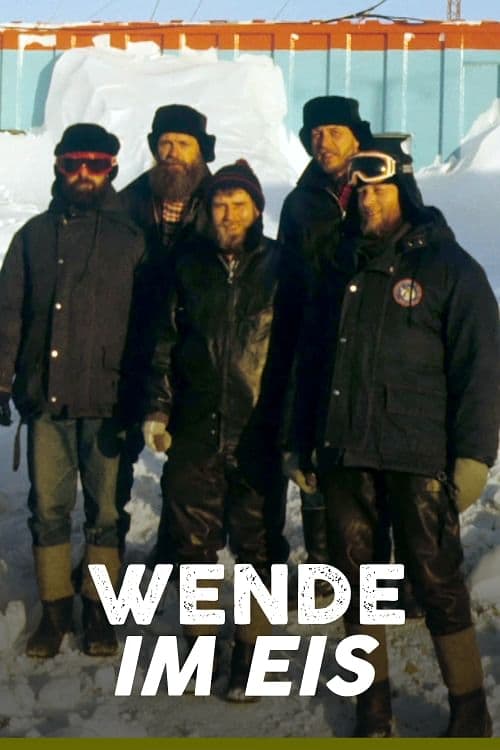
In 1989, thirteen GDR scientists and technicians set off from East Berlin to the Georg Forster research station in the Antarctic. During their expedition the Berlin Wall fell on November 9th. Cut off from the images that go around the world, the men can only experience the historical events passively. When they returned in the spring of 1991, their homeland was a foreign country. The documentary reconstructs the thoughts and feelings of the East German researchers on the basis of eyewitness accounts, diary excerpts, letters, film material, grandiose landscape shots from the location of the action and unique photos to make the consequences of the events tens of thousands of kilometers away on the small GDR expedition in the middle of the eternal ice tangible.
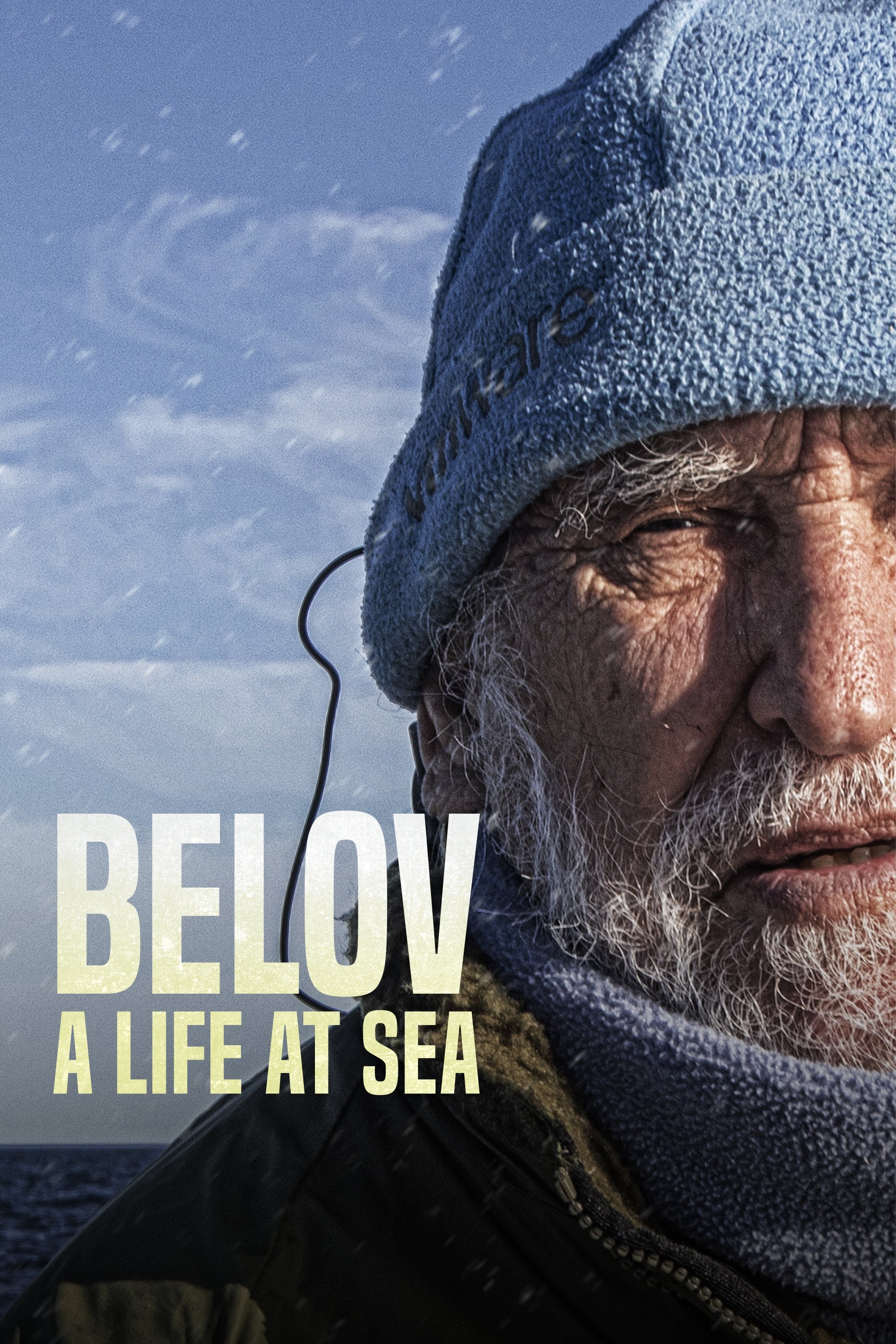
The first biographical documentary film about the greatest Brazilian sailor by miles traveled. Setting sail from Salvador - Bahia - Brazil, Capital of the Blue Amazon, the Ukrainian Brazilian personality Aleixo Belov has already circumnavigated the globe five times, three of them alone, aboard a little sailboat built in his own backyard.
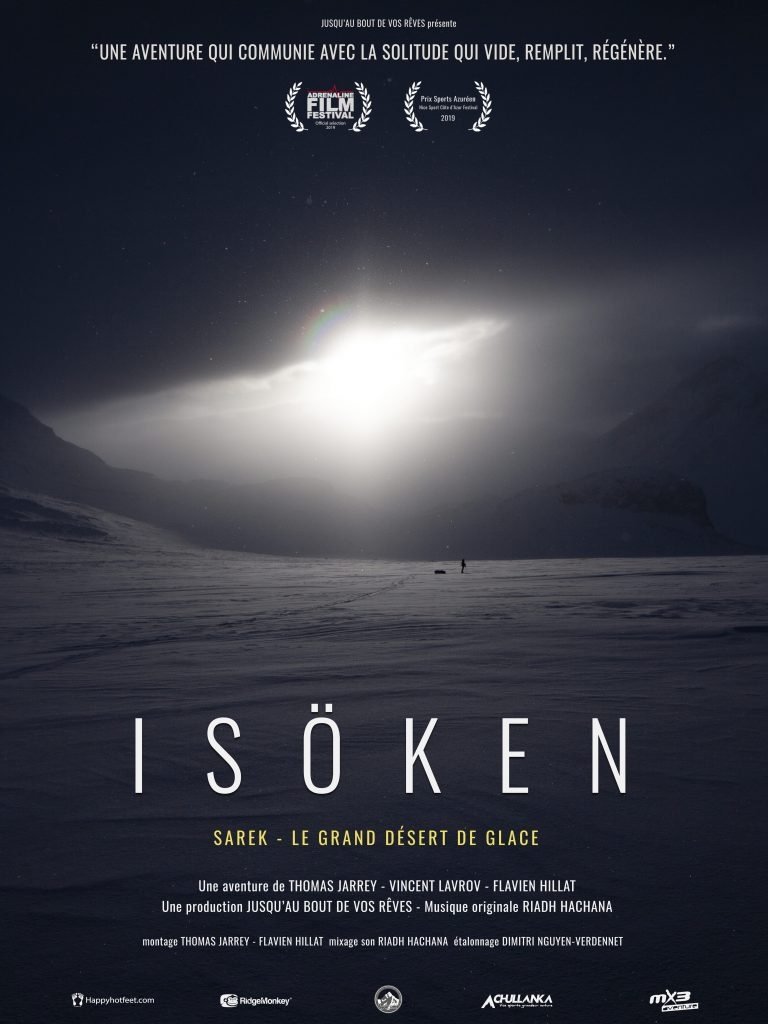
Three Frenchmen go out on their first polar expedition to the largest polar desert in the world. Sarek, in the north of Sweden.

Set in the 1950's, a Japanese Antarctic research exploration team and 19 dogs that accompanied the team are stationed at the Showa Base in Antarctica. After a year, the exploration team is ordered to withdraw from the Antarctic station due to severe weather conditions. The dogs have to be left behind. The following year, the next team arrives at the Showa Base station and a miraculous reunion occurs between a dog handler accompanying the new tean and two dogs, Taro and Shiro, that are brothers.

The true story of Ernest Shackleton's 1914 Endurance expedition to the the South Pole and his epic struggle to lead his crew to safety after his ship was crushed in the pack ice.
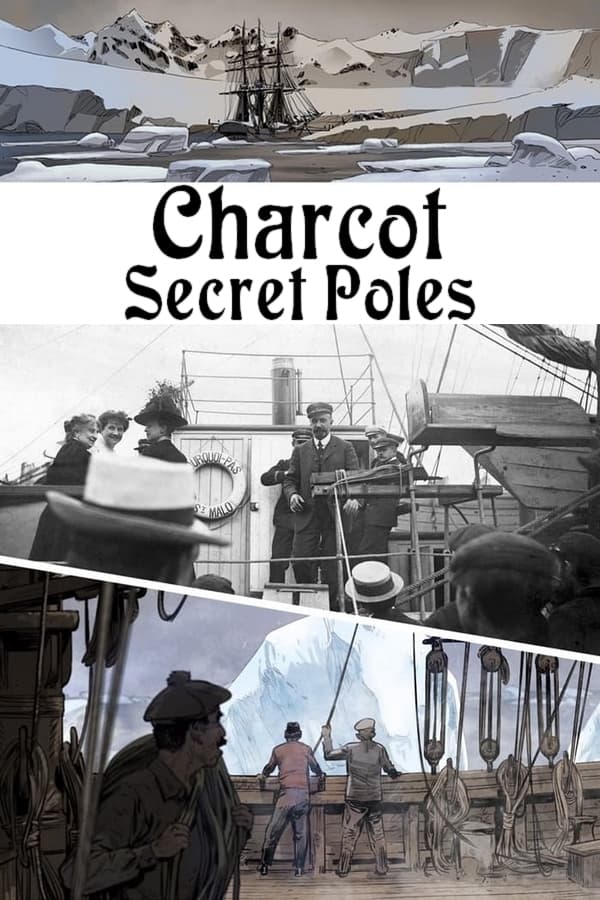
The adventures and exploits of Jean-Baptiste Charcot (1867-1936), an intrepid scientist and explorer who laid the foundations of modern oceanography.
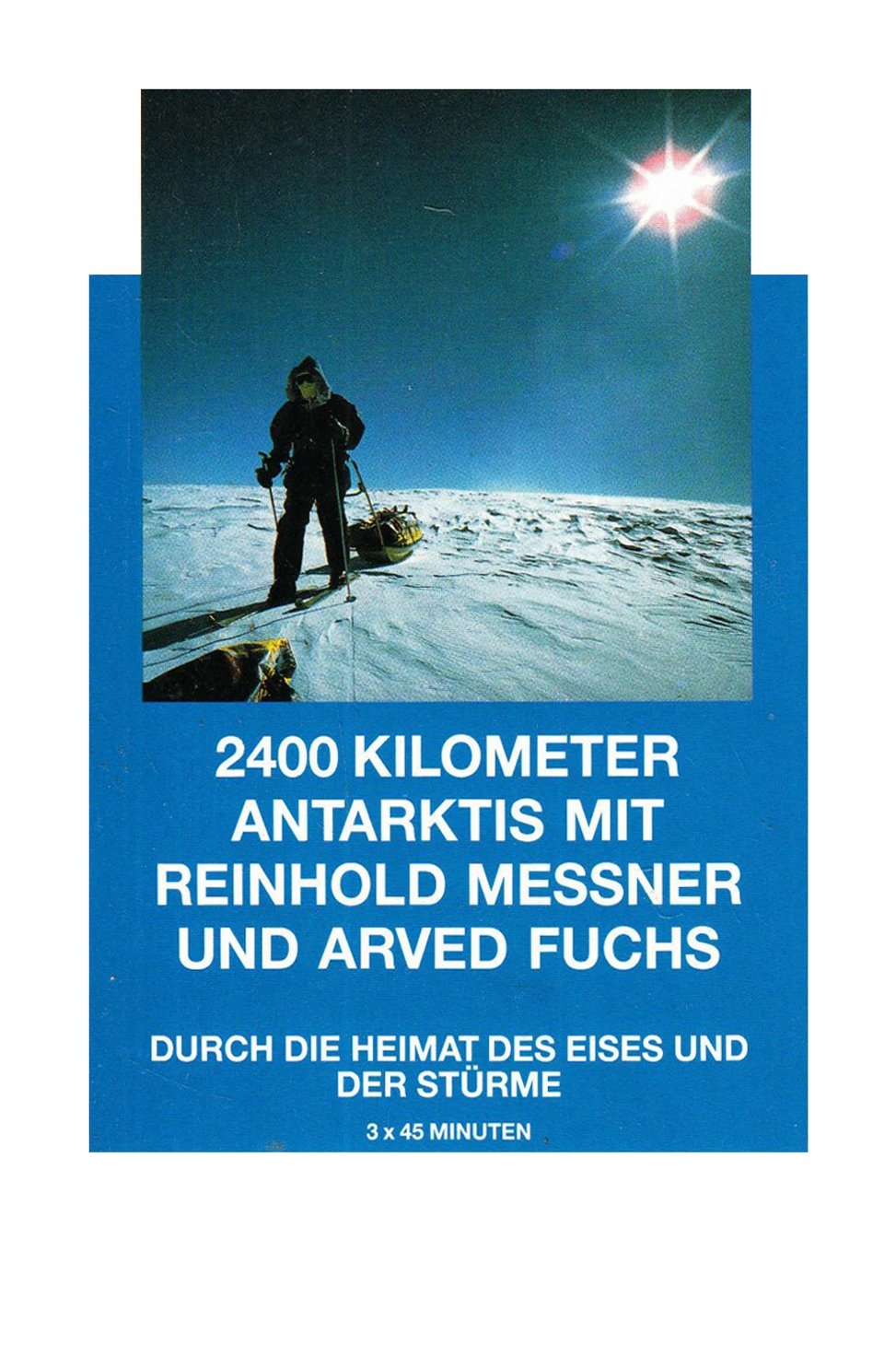
In 1989, the German polar explorer Arved Fuchs and the South Tyrolean mountaineer Reinhold Messner set out together to reach the South Pole on skis without sled dogs or motor technology and then cross the entire Antarctic. There are problems right from the start because the onward transport to the starting point by plane cannot be carried out on time. Finally, the adventurers set off from Patriot Hills Base Camp on the Filchner-Ronne Ice Shelf to the Pole. The completely different character traits of the two men quickly emerge. Messner is impetuous and pushes for speed. The calm Fuchs divides his strength and consistently follows his pace during all planned breaks. On New Year's Eve 1989, the two men are warmly welcomed by the crew of the US Amundsen-Scott South Pole Station. But the much larger and more dangerous part of their adventurous continental crossing still lies ahead of them. The 3-part documentary shows one of the last great adventures of modern times in impressive pictures.
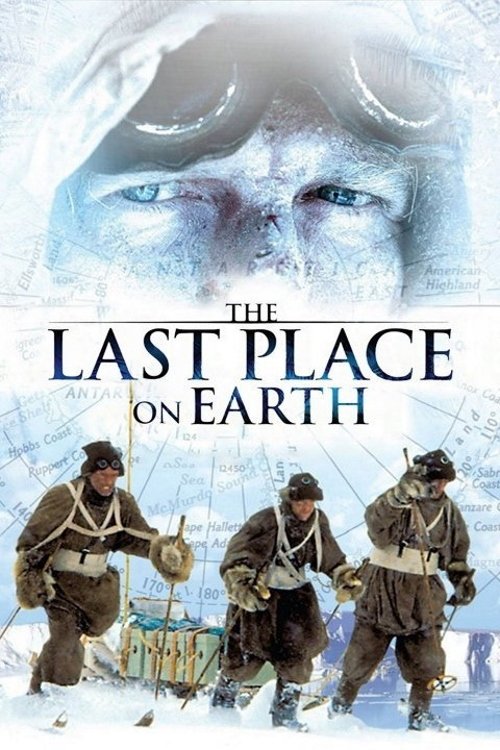
The Last Place on Earth is a 1985 Central Television seven part serial, written by Trevor Griffiths based on the book Scott and Amundsen by Roland Huntford. The book is an exploration of the expeditions of Captain Robert F. Scott and his Norwegian rival in polar exploration, Roald Amundsen in their attempts to reach the South Pole. The series ran for seven episodes and starred a wide range of UK and Norwegian character actors as well as featuring some famous names, such as Max von Sydow, Richard Wilson, Sylvester McCoy and Pat Roach. It also featured performances early in their careers by Bill Nighy and Hugh Grant. Subsequently Huntford's book was republished under the same name. The book put forth the point of view that Amundsen's success in reaching the South Pole was abetted by much superior planning, whereas errors by Scott ultimately resulted in the death of him and his companions.
By browsing this website, you accept our cookies policy.